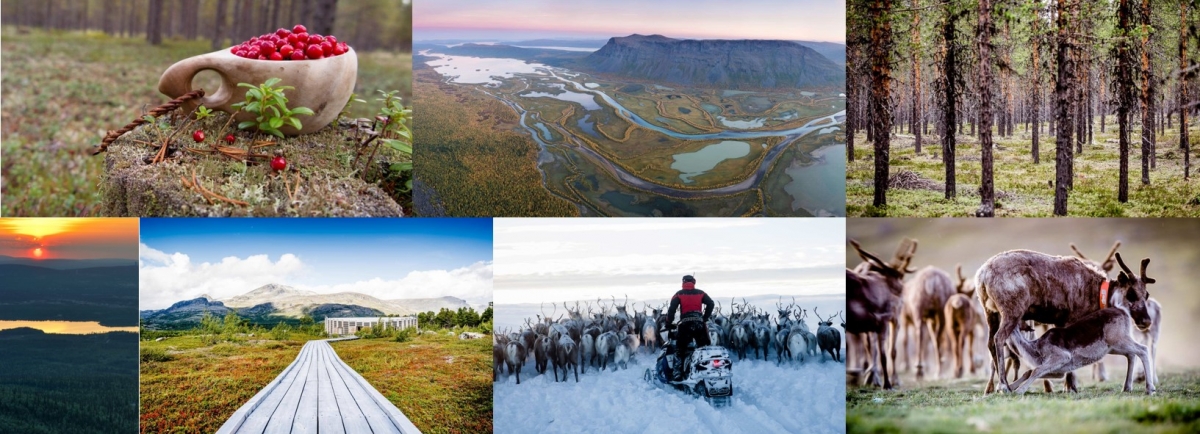More and more, decision makers are confronted with conflicting demands when trying to develop sustainable land-use strategies. This may lead to a so-called wicked problem; a complex issue that defies complete definition, for which there can be no final solutions, since any resolution generates further issues, and where solutions are not true or false or good or bad, but the best that can be done at the time.
Scientists working on these wicked problems need to be trained to work in trans-, multi- and interdisciplinary teams of experts with various different scientific backgrounds, such as ecologists, economists, political, and social scientists. This course aims to teach them the skills they need for working in diverse teams, by means of a real-life case. The course is focused around Gällivare, a small town in the north of Sweden. Here we find the “last wilderness of Boreal Europe”, part of an UNESCO World Heritage Site with large nature reserves and national parks. At the same time, it has an active mining industry, forestry, reindeer herding and tourism. It is a perfect place for land use and land use change discussions.
The idea of this course is to bring PhD candidates and postdocs from various countries and cultural backgrounds, and working in different scientific disciplines but related to European forests, together in a professional on-site training course. As multidisciplinary teams, we will introduce them to the various stakeholders, and allow them to collect necessary data that can help them to ultimately present a sustainable, long-term land-use strategy for the case study area or for a representative area elsewhere in Europe.
Find more information and/or subscribe here

Course location: Gällivare, Sweden

